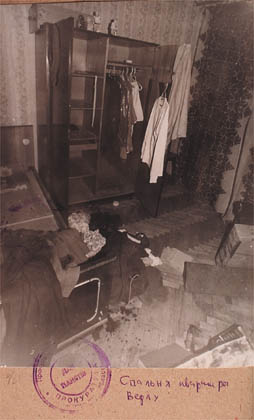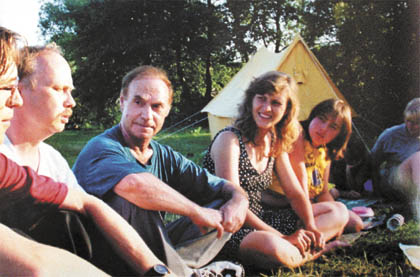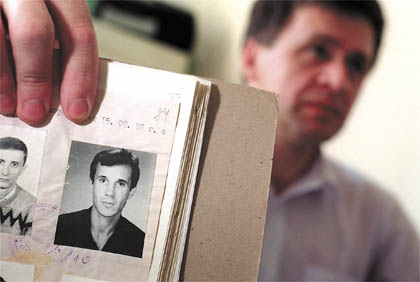
| By Admin1 (admin) (pool-151-196-165-54.balt.east.verizon.net - 151.196.165.54) on Friday, October 31, 2003 - 2:15 pm: Edit Post |
Peace Corps Volunteer Victor Verloo marked for death in Ukraine

Nona Verloo, who held power of attorney for her ex-husband and managed his business affairs, and the couple's daughter, Monique, said the identity of the woman who stole the keys and other details of the murder were kept from them by then-Country Director Jerry Dutkewych, who oversaw Peace Corps operations in Ukraine. "Every time we would bring up the question of this woman, Dutkewych would say, ‘Oh, I don't want any scandal. Don't want to raise questions.’ He didn't want to tarnish Peace Corps," Nona Verloo said. Read the story at:
Quote:Verloo had become romantically involved with a foreigner he hardly knew, a 28-year-old Ukraine woman who sold him beer at a kiosk near his apartment. That relationship marked him for death.
The same woman, according to court records, showed the killer where Verloo lived, told him there was a computer and money inside. The same woman, Ukraine court records show, also stole Verloo's apartment keys, giving them to an acquaintance who passed them along to Minko. Police, however, never charged her, claiming they couldn't prove she was the same woman who drugged Verloo the night of the murder.




